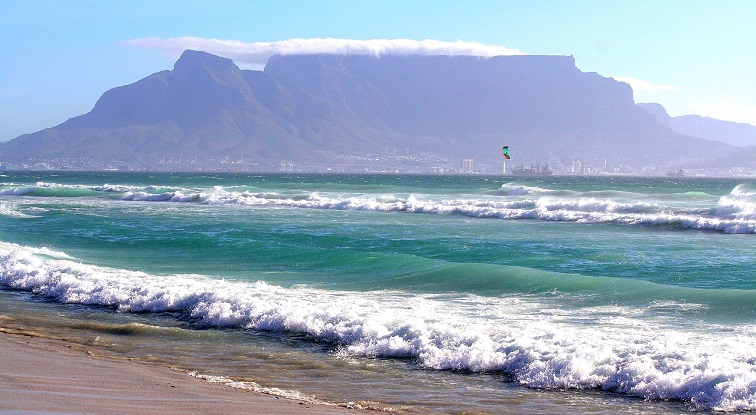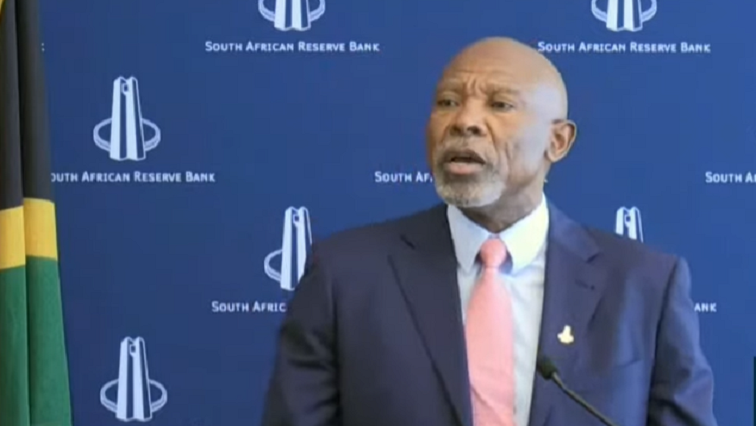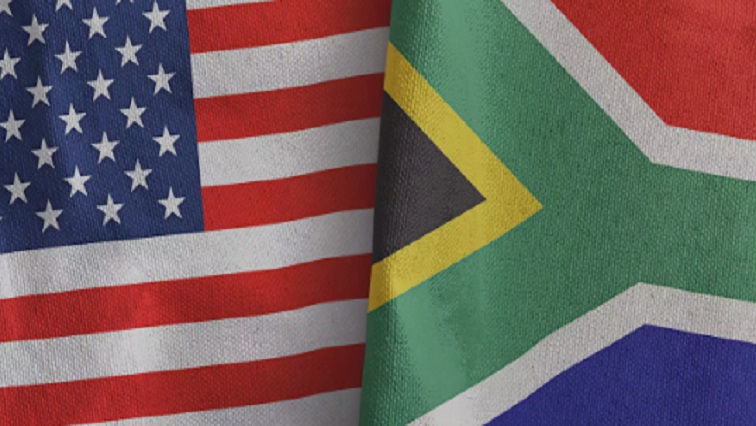-
Table Mountain and the sea
The Oceans economy is expected to come under the spotlight during President Cyril Ramaphosa’s State of the Nation Address (SONA) this week. And Underwater Radiated Noise is a growing, yet silent disruptor of marine ecosystems.
Maritime authorities are working on plans that are aimed at striking a balance between South Africa’s pursuit of growth and the protection of the marine resources on which the country depends for its ocean economy.
The low-frequency sounds produced by commercial vessels interfere with the activities of marine species, including their reproduction.
Discussions are underway to introduce specific regulations for Underwater Radiated Noise which will be included in the South African Maritime Code in line with international standards. The underwater shipping noise pollution poses a danger to marine ecosystems and to livelihoods.
South Africa is a critical maritime hub for international shipping routes, with growing traffic volumes recorded annually. A maritime industry engagement has been held in Cape Town to chart a way forward. And the effects of Underwater Radiated Noise have already been observed in some areas.
“Algoa Bay, a critical site for biodiversity and a hub for bunkering activities offers a stark example. The decline in the African penguin population serves as a wake-up call, reminding us of the interconnectedness of economic activities and ecological health. For coastal communities these disruptions translate in diminished fish stocks reduced incomes and waning tourism revenues, challenges that demand urgent attention,” says Mkhuleko Hlengwa, Deputy Minister: Transport.
A lack of resources and technical knowledge are among the challenges South Africa has to deal with, to mitigate the impact of Underwater Radiated Noise. But the South African Maritime Safety Authority says there are also opportunities that South Africa can take advantage of.
“We do have priority legislation under the leadership of the Department of Transport where we jointly identify the relevant legislation and regulations that we need to develop scientific research and monitoring. This is one of the opportunities that exist for us as the authority for the industry itself and the research institutions,” says Boetse Ramahlo, Acting COO Samsa.
The marine manufacturing industry is another sector that contributes greatly to the ocean economy. And the industry is booming in Cape Town.
“With the marine manufacturing sector nestled here in the waterfront and all across Cape Town, it is a sector that’s booming creating thousands of jobs for Capetonians. But more importantly, it’s the innovation and the craftsmanship that blows me away. I have the honour of visiting many of these boat-building yards and marine manufacturing businesses across Cape Town and it’s fantastic to see that craftsmanship and innovation that sets Cape Town apart from any other city in the world and this industry is now valued at R4.9 billion up from R3.2 billion and we’ve seen impressive growth over the last five years,” says James Vos, Mayco Member Economic Growth Cape Town.
Employment in the boatbuilding sector is also on the rise, with around 5000 people directly employed within boat-building facilities.
Including indirect jobs across the broader supply chain, the sector also contributes significantly to household incomes and local communities.











